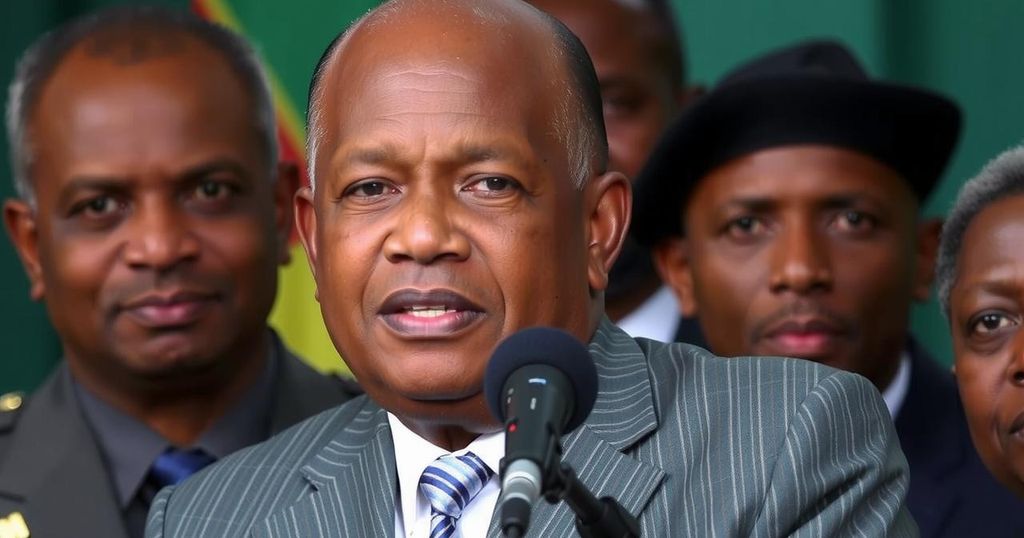Mozambique’s Supreme Court has upheld the results of a disputed presidential election, allowing Frelimo’s Daniel Chapo to take office despite allegations of electoral fraud and violent protests. The opposition contends that the ruling party is illegally maintaining power, while independent observers have reported significant irregularities during the election. Amid an ongoing insurgency and economic difficulties, the country faces a challenging political landscape.
On Monday, Mozambique’s Supreme Court upheld the results of a contentious presidential election, allowing Daniel Chapo of the long-ruling Frelimo party to assume office next month. This decision follows a period of unrest marked by protests that resulted in over 100 deaths, amid allegations of significant electoral misconduct. Despite claims of irregularities from the opposition and independent observers, Frelimo maintains that the election was legitimate and free from fraud.
Mozambique has been governed by the Frelimo party since gaining independence from Portugal in 1975. In the recent election held in October, the opposition candidate Venâncio Mondlane alleged electoral fraud, calling for demonstrations against the ruling party’s actions. The political climate is further strained by ongoing economic challenges, including the impacts of natural disasters and insurgent conflicts, particularly in the northern region where an Islamic State-affiliated group operates.
The recent ruling by Mozambique’s Supreme Court not only legitimizes the results of a disputed electoral process but also highlights the ongoing political unrest and dissatisfaction among citizens concerning governance and electoral integrity. The future political stability of Mozambique remains uncertain, particularly in light of the economic hardships it faces and the deadly insurgency that threatens its northern territories.
Original Source: www.nytimes.com






